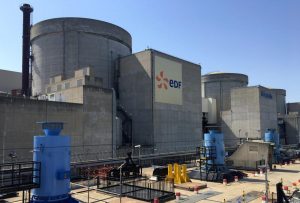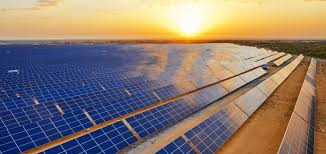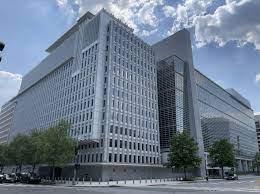The project, won instead by Korea’s KHNP, would have been the first contract for EDF since Hinkley Point in Great Britain in 2016, and a vote of confidence after being dogged by delays and soaring costs on projects at home and abroad.
But its recent track record and a gamble on new, untested technology has cost it a significant new project and likely others in the future too.
“We were counting on this project to give credibility to our offer on a European scale,” said a source at EDF, declining to be identified because of the sensitivity of the issue.
“But unfortunately the reality of the costs outweighed any political rhetoric, and the message sent to the rest of Europe was not the one we had hoped for.”
EDF said in a statement it was ready to relaunch discussions with the Czech government should the preferred bidder process be modified in coming weeks.
A NUCLEAR AIRBUS?
EDF has been counting on a revival in European interest in nuclear power for a potential pipeline of new projects as the region looks to boost its energy independence following the Ukraine war and lower carbon emissions.
The French company had proposed involving Czech suppliers in the new reactors, building up a European supply chain for future projects, dubbed a “nuclear Airbus” by French President Emmanuel Macron during a visit to Prague in March.
But EDF’s dismal track record weighs heavily.
Its Flamanville project has been delayed by more than a decade, with costs soaring from a planned 3 billion euros to 13.2 billion euros by the end of 2022.
Similarly, Hinkkley Point C is now set to start up in 2029, years after the 2017 target.
Neither EDF nor KHNP have commented on the costs in their bids. Another source at EDF described the rival bid as “cheap”.
KHNP also beat EDF in a 2009 bid to build four reactors in the United Arab Emirates.
“The Koreans had a lot going for them, particularly in terms of the price and the proof of concept, with Abu Dhabi going well and running,” said Nicolas Goldberg, associate director at Colombus Consulting, based in Paris.
EDF proposed a new reactor model that has not yet been tested, a “real gamble”, he said.
Czech Prime Minister Petr Fiala said the Korean offer was better in almost all assessed criteria.
UNCERTAIN FUTURE
The Czech projects, ahead of six new reactors planned by President Macron at home, would have helped EDF raise its efficiency and lower its costs.
They would also have positioned the company in the heart of Eastern Europe, a region with power-hungry heavy industry that needs to decarbonise and is turning to nuclear power.
But they presented the recently nationalised firm with a challenge that some in the company felt it was not ready for, given current industrial capacity issues, said the second EDF source.
“It was too soon,” the person said.
France’s finance ministry declined to comment.
There are now serious questions about EDF’s role abroad, said Goldberg.
The company lost out in 2022 when Poland chose Westinghouse over EDF for a plant on the Baltic Sea.
“Will we really be able to export? There’s still a big question mark over that,” said Goldberg.
Reporting by Benjamin Mallet. Writing by Dominique Patton; Editing by Kirsten Donovan Reuters




